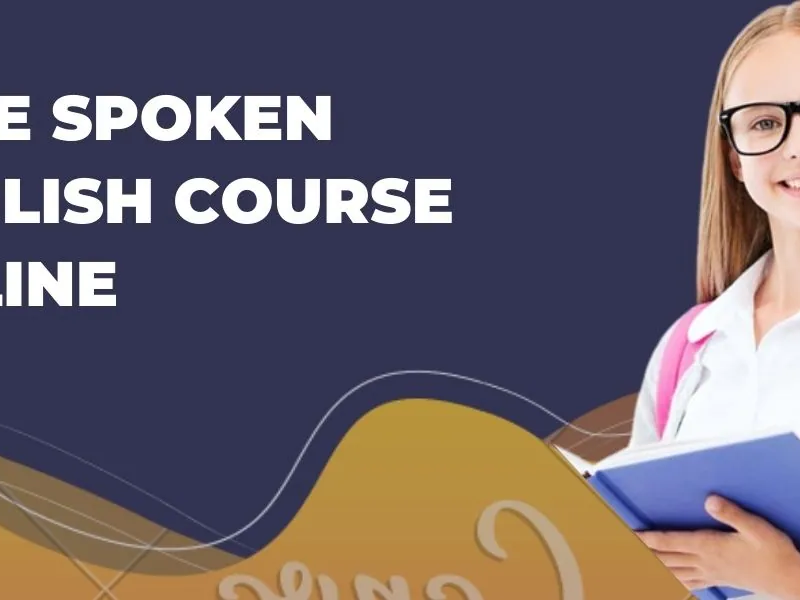Education is the cornerstone of progress and development in any society. It is a course in miracles the powerful tool that equips individuals with the knowledge, skills, and values needed to navigate life’s challenges and contribute meaningfully to their communities and the world at large. In an era defined by rapid technological advancements and shifting global landscapes, the importance of education has never been more evident.
Education is not confined to the walls of classrooms; it extends beyond textbooks and curricula. It encompasses a broad spectrum, from formal schooling to informal learning experiences, all of which play pivotal roles in shaping individuals and societies. Formal education systems provide structured environments where students gain essential knowledge and skills, but it’s equally important to acknowledge the value of informal learning, which occurs through experiences, interactions, and self-discovery.
Moreover, education is a powerful tool for breaking down barriers and fostering inclusivity. It has the potential to bridge gaps in access to opportunities, regardless of one’s background, socio-economic status, or geographical location. In an increasingly interconnected world, access to quality education is a fundamental human right that can pave the way for social mobility, economic growth, and ultimately, a more equitable society.
The impact of education transcends individual lives; it ripples through entire communities and nations. Educated citizens are more likely to participate in the democratic process, leading to informed decision-making and a stronger civil society. They are also better equipped to address complex challenges, such as climate change, poverty, and public health crises, as they possess the critical thinking skills needed to devise innovative solutions.
In today’s digital age, the landscape of education is evolving rapidly. Online learning platforms, open educational resources, and digital tools are revolutionizing how people access knowledge. These innovations have made education more accessible and flexible than ever before, enabling individuals to pursue lifelong learning opportunities that suit their unique needs and circumstances.


